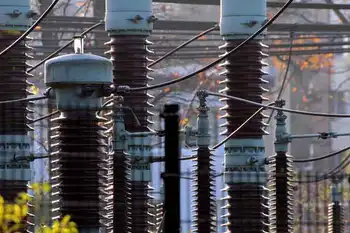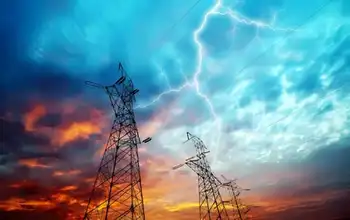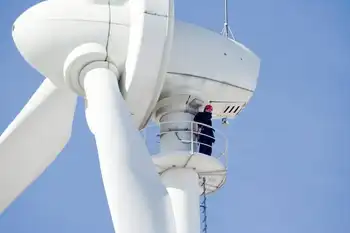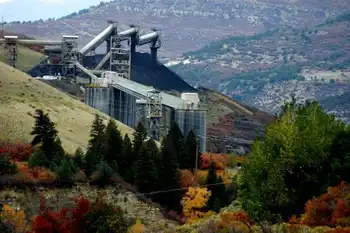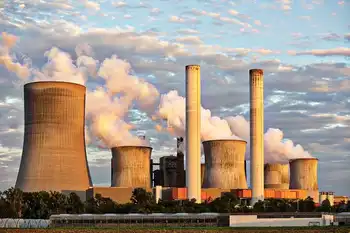Dion commits $70 billion to infrastructure
By CTV.ca
Protective Relay Training - Basic
Our customized live online or in‑person group training can be delivered to your staff at your location.

- Live Online
- 12 hours Instructor-led
- Group Training Available
"Our cities and communities are facing an infrastructure deficit that is affecting Canadians' quality of life, their economic prospects and threatening our environment," he said.
Climate change could make matters worse, he said.
Experts say climate change could lead to more extreme weather events such as the 150-millimetre deluge in August 2005 that destroyed a northwest Toronto roadway and led to homes flooding because of backed-up storm sewers.
Dion accepted the infrastructure deficit estimate of the Canadian Federation of Municipalities, which pegs the number at $123 billion.
A Liberal government would be a "willing partner" in the following types of mega-projects, he said:
• An East-West energy grid;
• An Atlantic energy corridor;
• Carbon capture and storage pipeline between Alberta and Saskatchewan;
• High-speed rail links in the densest corridors.
Achieving such goals will require working together, Dion said. A federal government would contribute through a three-point plan:
• Directing unanticipated federal surpluses above $3 billion towards the infrastructure deficit. • Raise capital by developing an infrastructure bank that would provide low-cost financing to all levels of government. The bank would be a Crown corporation. Canadians could lend money through the bank by buying green bonds.
• The gas tax transfer would be indexed to economic growth.
Dion acknowledged that U.S. Democratic presidential nominee Barack Obama had already proposed a similar idea.
Jean Perrault of the Federation of Canadian Municipalities welcomed the Liberal pan.
"I will be releasing a more detailed statement about the Liberal infrastructure plan, but I can tell you now, it's good news," he told a news conference in Ottawa. "And it's a good example of the tools we need to turn the tide of the $123 billion infrastructure deficit."
Dion, who took the GO Train from Burlington to the news conference, had his GTA candidates forming a backdrop. Deputy Liberal Leader Michael Ignatieff introducing him and Christine Innes, in a battle with high-profile NDP incumbent Olivia Chow in Trinity-Spadina, stood to his left.
The city sent 20 of its 23 MPs to Ottawa as Liberals in the 2006 federal election.
Ignatieff tried to contrast his party with the Conservatives' stance on infrastructure, saying that Finance Minister Jim Flaherty once said "'we don't do potholes.'"
However, Flaherty — MP for Whitby-Oshawa and the minister responsible for Toronto — has presided over several funding announcements in Canada's largest city, including:
• $9.7 million to provide bus transportation to York University while the subway and rapid transit extension from Downsview station is under construction.
• A permanent extension of gas tax revenues, which would put $830 million towards GTA municipalities between 2005 and 2010. Toronto would get more than $400 million of that.
The gas tax revenue was to help fix municipal infrastructure such as roads and sewers. Dion said that the gas tax transfer began under a Liberal government.
The Conservatives also announced $500 million for public transit in this year's federal budget.
Earlier, Mayor David Miller told reporters he wouldn't endorse any political party. He wore a "vote Toronto" button.
He did say that so far, the Green Party was the only one to address the needs of cities so far in the federal election campaign.
"Well, so far the Green party has addressed city issues and I say, 'Good for them.' I would hope the Liberals and the NDP would do the same thing," said Miller.
Green Leader Elizabeth May said she would raise the GST by one percentage point and direct the revenue to infrastructure. That would represent about $5 billion per year.





